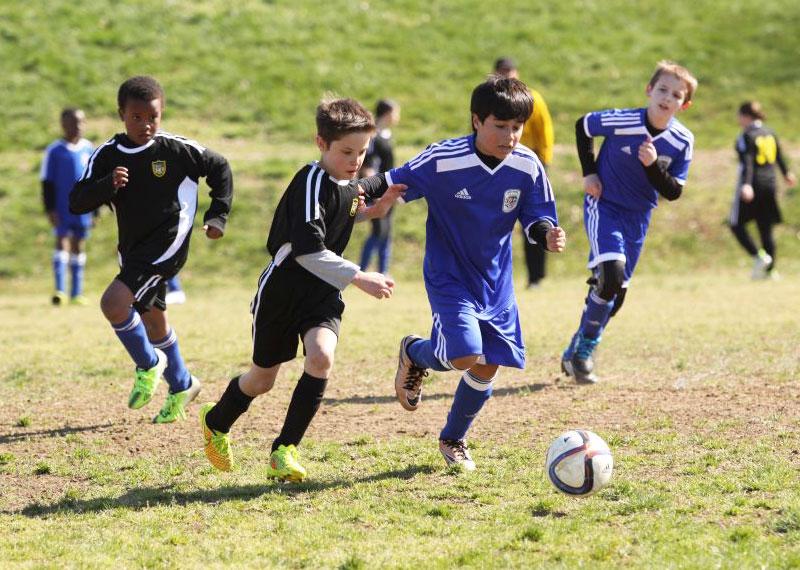Adult & Youth Sports
Schedule Lookup
The Department of Recreation and Parks youth sport program is a mutual endeavor between the Department and Athletic Associations throughout Anne Arundel County. For most sports, children must be at least eight (8) years old in order to participate in the county's organized sports leagues. The principles of participation, diversity, safety and fun guide the Department's program. While scores are reported and standings posted, the competitive aspects of these activities are secondary to the principles.
How do I register my child to play organized sports?
There are approximately over 100 Recreation Councils and Athletic Associations throughout Anne Arundel County, which organize teams to enter participants in the Department's organized sports leagues. Contact your community’s Recreation Councils or Athletic Association to register for youth league sports. With the exception of a few sports, the Department does not register or assign individual players to teams. Established teams register with the Department at our organizational team meetings. Open the link
Youth Player Releases Form
The Department of Recreation and Parks' adult sports program provides opportunities for lifelong enjoyment of organized physical activity. Adults must be at least 18 years of age to participate in the program. Organized team meetings for each sport season are held to allow teams to register and collect needed information and guidelines. Adults looking to participate in leagues should contact the supervisor of the Bachman Sports Complex at (410) 222-0017 or Joe Cannon Stadium at (410) 222-6652.
The Athletic Division is responsible for the Department’s youth and adult sports leagues along with the Bachman Sports Complex and Joe Cannon Stadium. The Division is also responsible for two public golf courses, The Preserve at Eisenhower Golf Course in Crownsville and Compass Pointe Golf Courses in Pasadena. The Facility Scheduling office works closely with the Athletic Division. Permits for the use of community park fields and board of education facilities are processed via the Facility Scheduling office.
Guidelines and Reference Manual serves as an overall guide for policies, practices and guidelines.
Available Sports
Listed below are the sports programs that are offered by the County throughout the year.
Resources
-
 Athletic Associations
Athletic AssociationsDiscover athletic and recreation associations in Anne Arundel County.
-
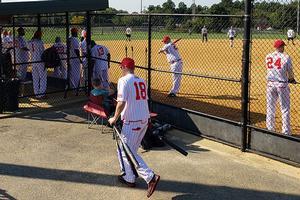 Athletic Facilities
Athletic FacilitiesOne of the amenities enjoyed by residents of Anne Arundel County is a variety of choices for recreational activities.
-
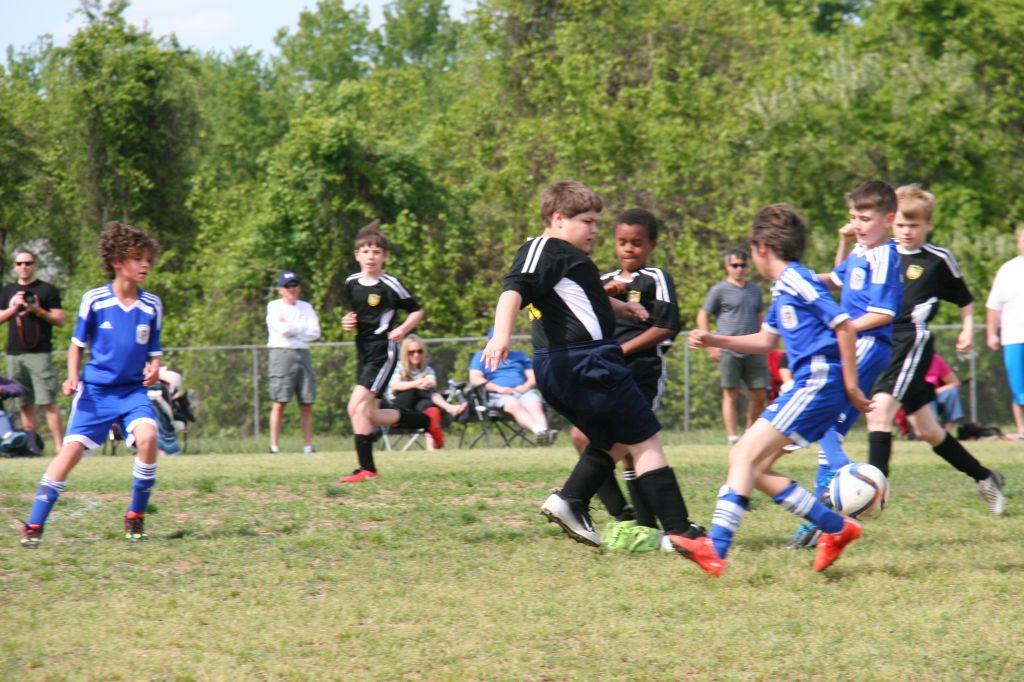 Volunteer Background Check
Volunteer Background CheckCoaching a youth sports team is a rewarding way to give back to our community and inspire our youth.
-
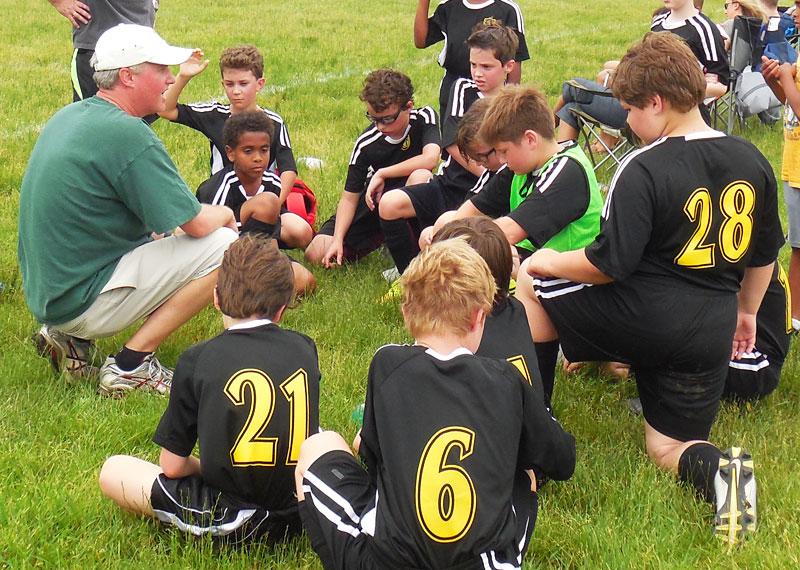 Coaches Certification
Coaches CertificationCoaches Certification focusing on how to teach children teamwork, respect for authority, and building self-confidence.
-
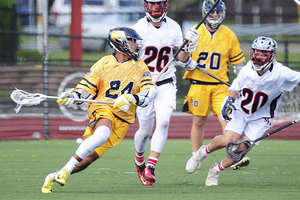 Organizational Accreditation
Organizational AccreditationThe Department has established an accreditation process for all organizations and groups.
-
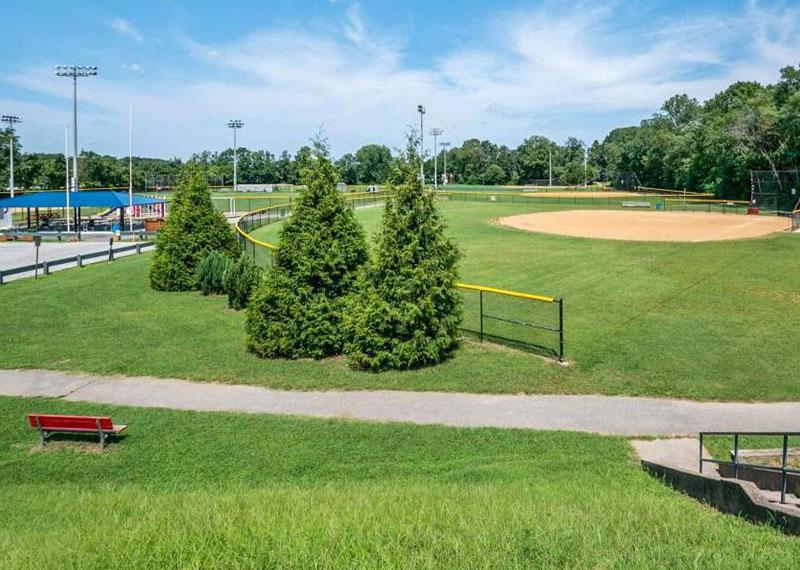 Facility Scheduling
Facility SchedulingFor a community organizations to request a permit to use a County-owned facility or field.
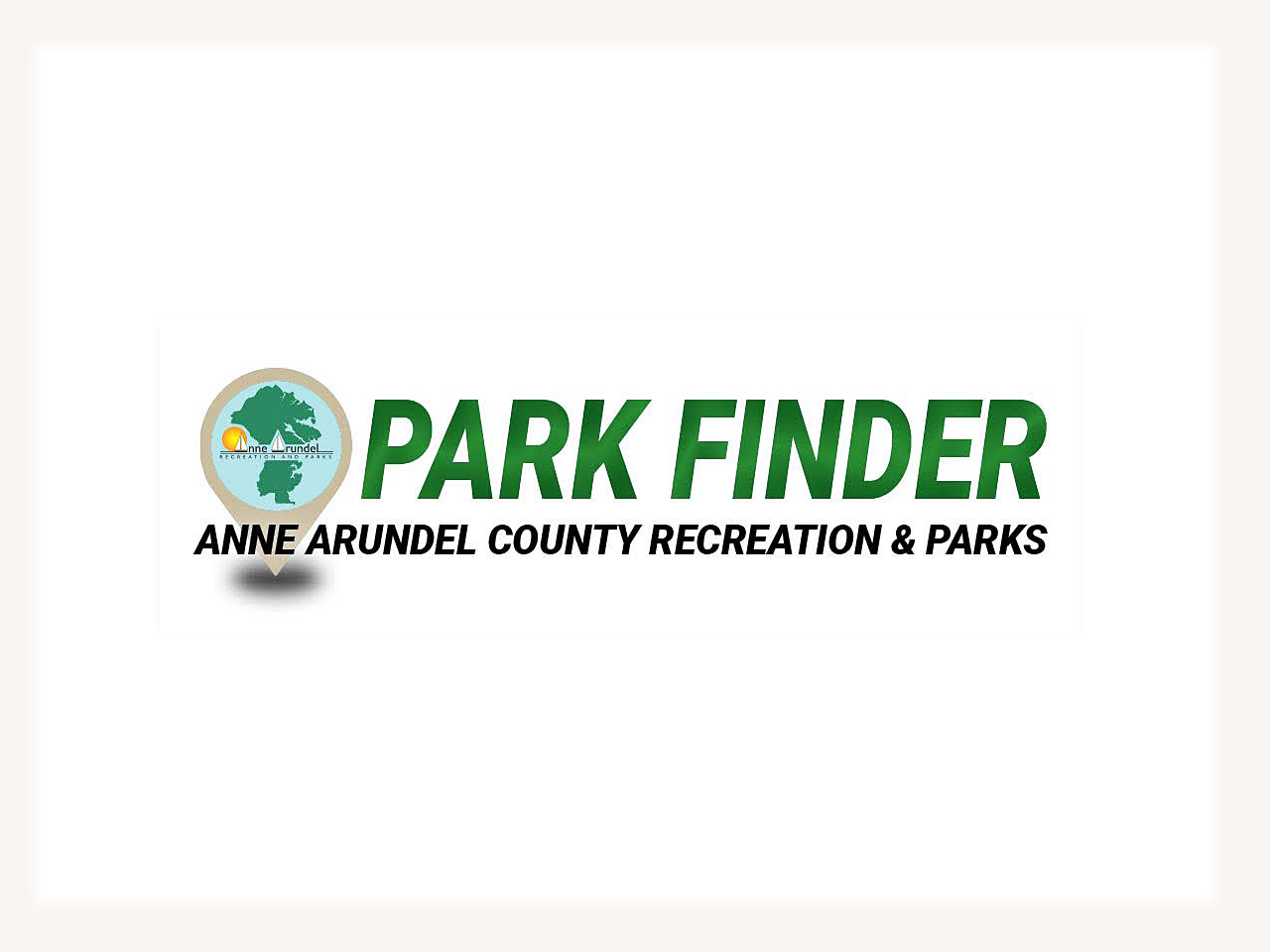
Find a Field!
Locate fields, athletic facilities and community parks in Anne Arundel County with the Park Finder App.

